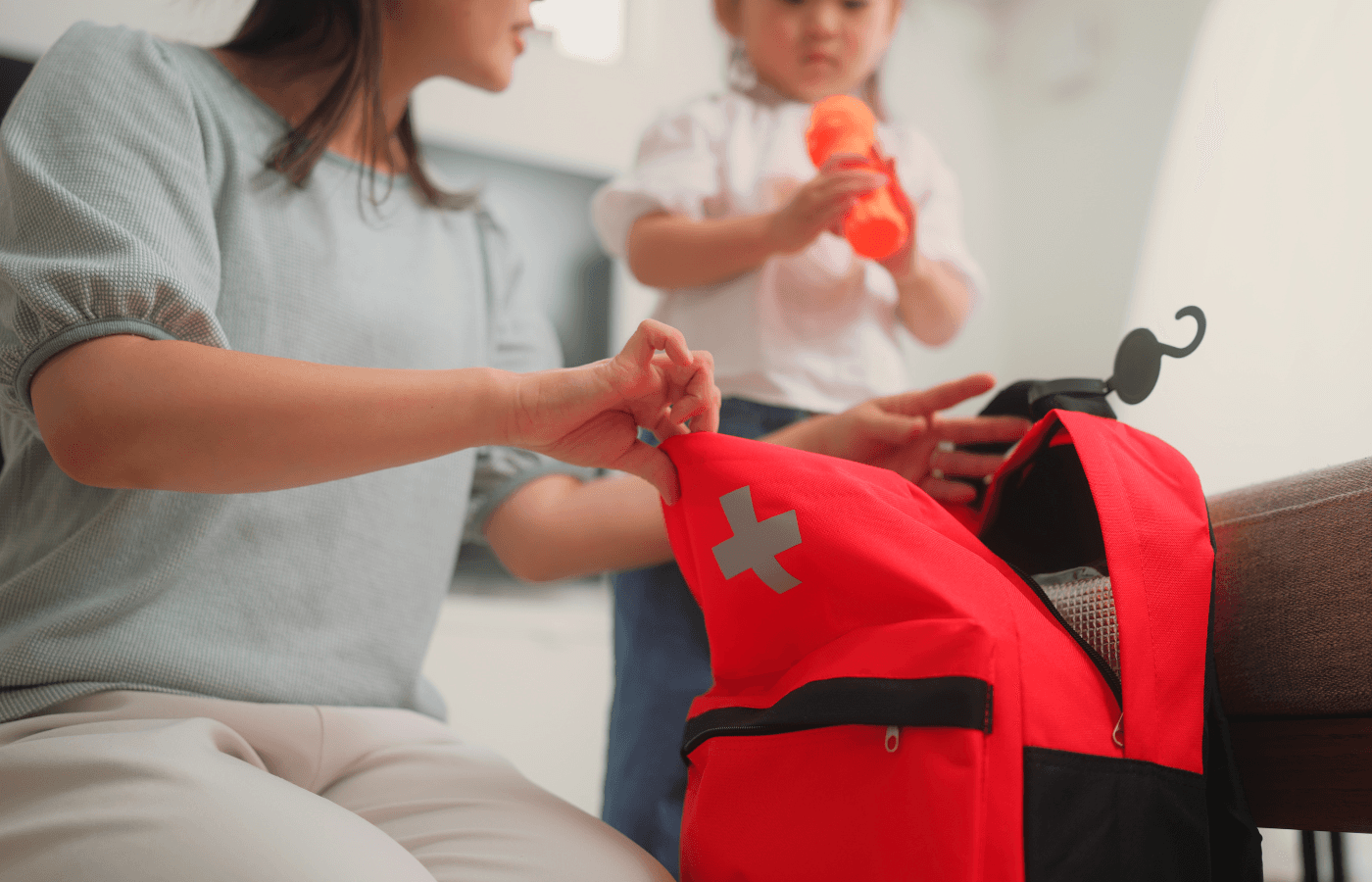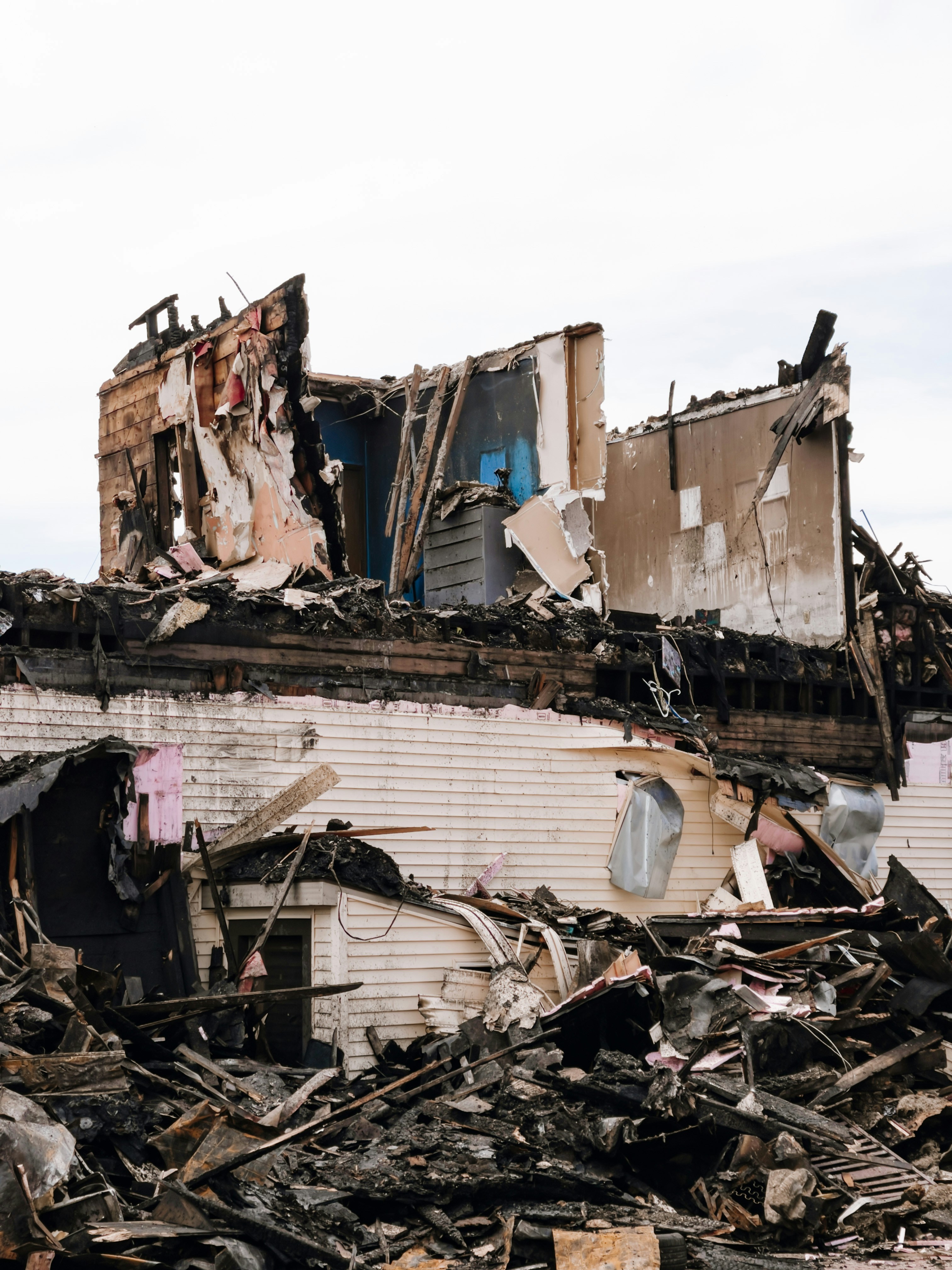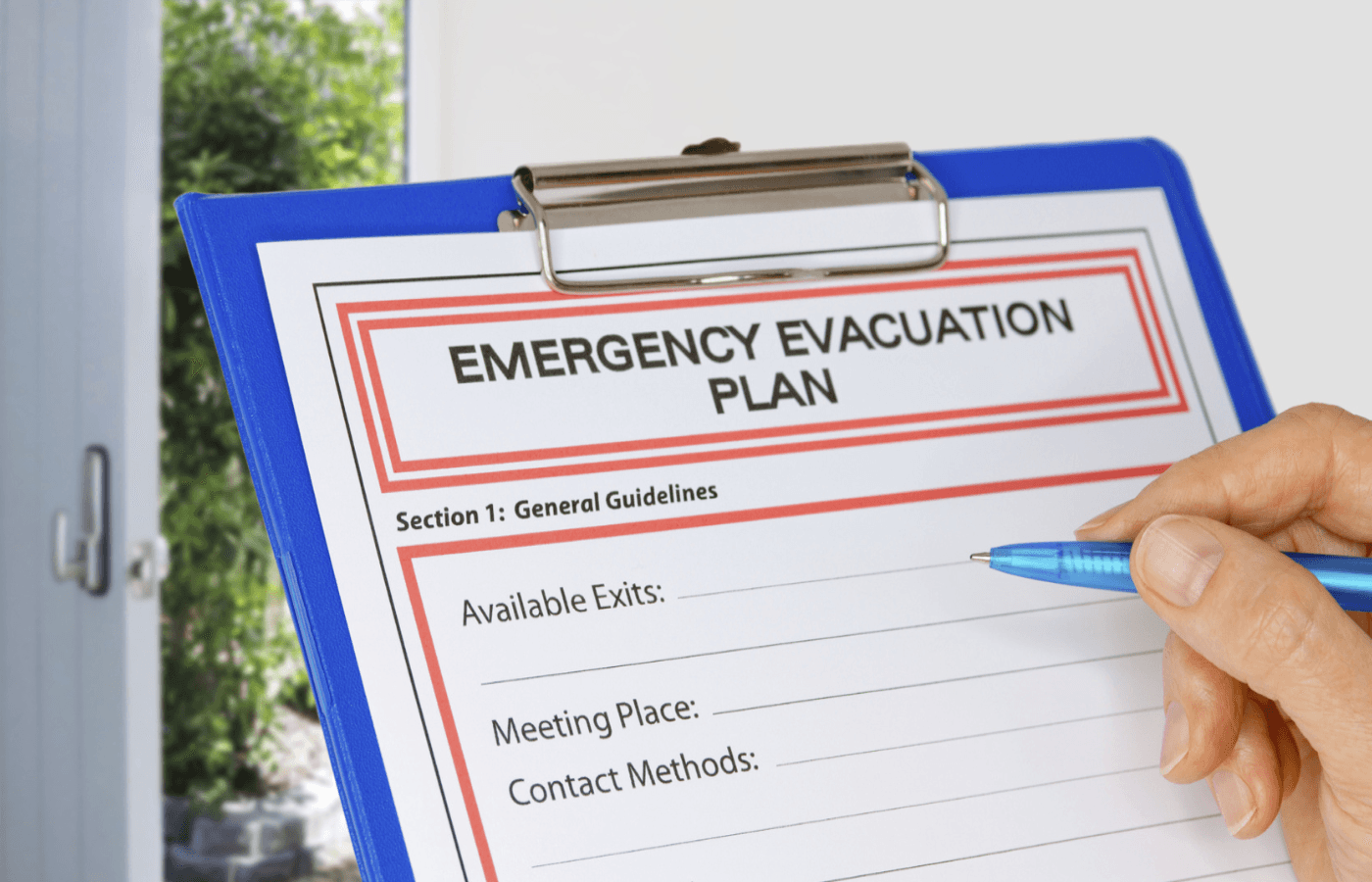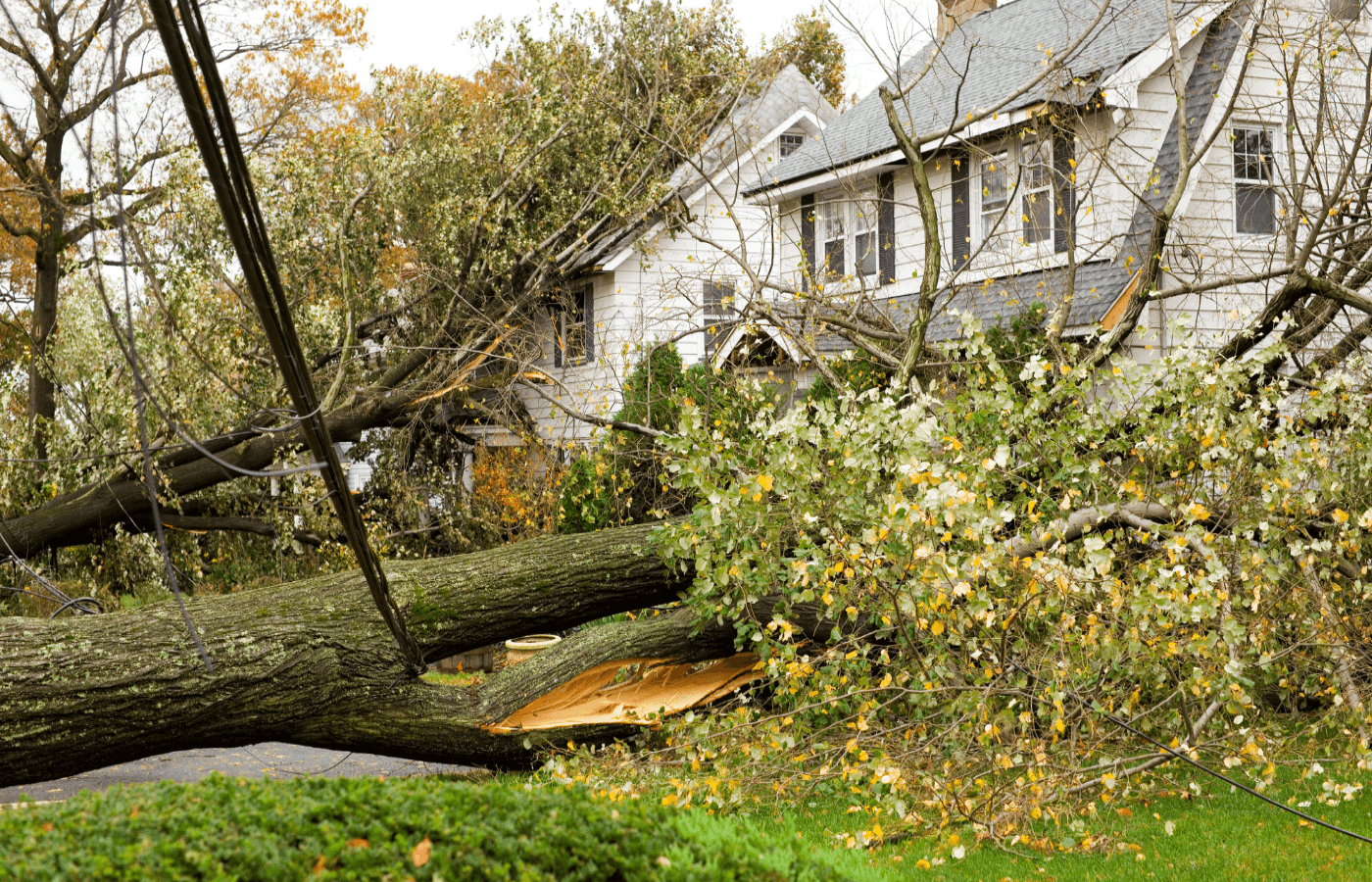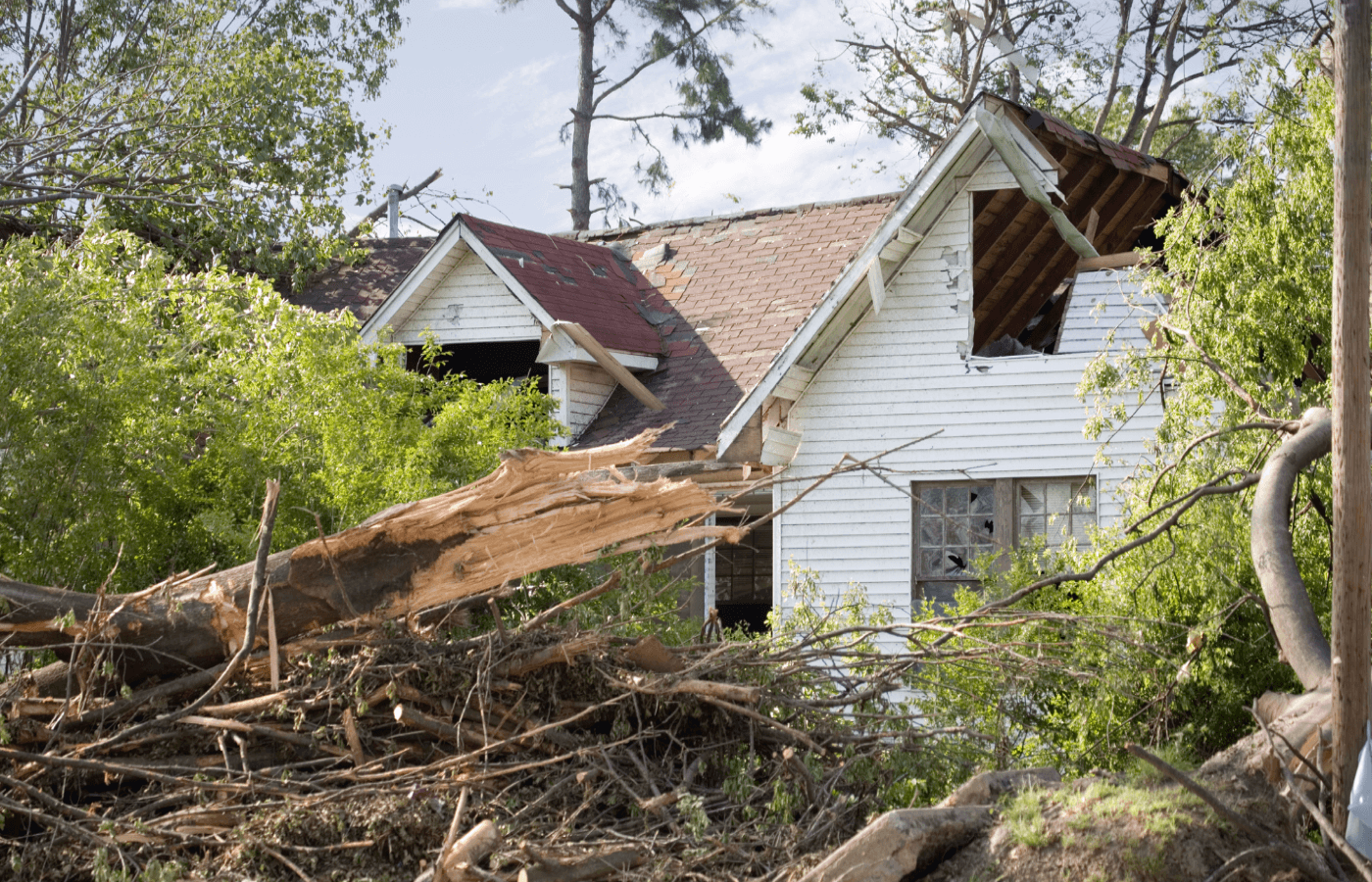Schools are bustling communities, and families are often concerned about the health and safety of their kids both in and out of the classroom.
Teachers and school staff are legally responsible for everything that happens on school property. However, the farther you venture off campus, the more things become murkier in terms of duty of care and legal liability. That's why we’ve created this guide.
Read on to find out who’s responsible for student safety after school, and learn about the safeguarding role of teachers and school administrators outside the classroom.
Key Takeaways
Schools have a legally binding duty of care when students are on school property during normal school hours.
Schools aren’t generally liable for incidents that occur off-campus, but various state legislation outlines exceptions to this rule.
School staff are legally required to report suspected cases of child abuse happening beyond the classroom.
Are Schools Responsible for Students Until They Get Home?

The short answer is: no, schools are not usually responsible for students until they get home. The longer answer is a bit more complicated.
Ben Michael, attorney at Michael & Associates in Dallas, Texas, explains: “When students are at school, the school acts in ‘loco parentis,’ which means in place of parents. So, while a student is on school grounds, the school is legally responsible for them. That means that when the final bell goes off, schools are still responsible for students until they are no longer on campus.”
The responsibility to uphold student safety is typically enshrined in law at the state level. For example, let’s look at the student safety responsibilities of schools in California.
Under California Education Code Section 44808, school boards and their employees aren’t liable for most injuries or incidents off campus. Consequently, once the bell rings and students leave the building, teachers can’t be held legally responsible for what happens to them.
However, there are some exceptions to this rule written into the legislation. Those exceptions include:
Students leaving school early: If a student leaves school early without permission and gets hurt off-campus, the school district could be held responsible for that injury.
Students waiting to get picked up: School administrators and teachers have a legal duty of care to look after children waiting to be picked up by a designated adult. But it’s important to note that duty of care doesn’t legally extend off-campus.
Dangerous conditions: Schools are legally required to keep their property safe and hazard-free, but legal precedents in California are also extended to known hazards just off campus.
Each state will inevitably have its own set of unique rules and requirements. So professionals wanting to know more about their legal responsibilities must contact their school board or consult the relevant state regulations.
What Legal Responsibilities Do Schools Have in Safeguarding Outside of School?

Dr. Kelvin Fernandez, tutor and medical residency advisor at Ace Med Boards, explains:
“Although the specific legal obligations may vary, in my experience, schools do, indeed, typically shoulder an ethical and to some extent legal responsibility for student safety beyond the classroom.
"Their efforts range from imparting awareness about the potential hazards to establishing proactive safety guidance measures.”
For example, let’s look at what happens when schools knowingly transport children to and from campus.
Under California state law, school districts providing transport to and from school have a legal responsibility to ensure the transportation is safe. That means a school is liable for any injury occurring due to a dangerous vehicle or an incident on the way home from school.
Likewise, schools are responsible for safeguarding when students or their parents enroll kids in after-school activities.
Although school staff is normally responsible for a student’s well-being until they leave campus, they are responsible for students when they’re taken off-campus. For example, teachers are responsible for supervising students and for their safety when taking them to other schools to compete in sporting events or field trips.
Attorney Michael explains: “This is one of the main reasons why whenever there is a field trip that takes students off campus, permission slips must be signed by parents or guardians in order to allow the school to obtain responsibility for the students at that time and place.”
But a school’s safeguarding responsibilities outside school aren’t limited to a student’s physical presence.
For example, under the Family Educational Rights and Privacy Act (FERPA), school staff are legally responsible for protecting all personally identifiable information relating to students and their families.
That means school staff must think carefully and consider legal obligations when communicating with parents, colleagues, or other third parties about students or their families.
Similarly, school staff in many states are legally obligated to report any suspected child abuse taking place outside of school to the relevant authorities. For example, Oklahoma school staff can be convicted for knowingly failing to report child abuse.
How Teachers and Schools Can Have a Positive Impact on Student Safety Outside the Classroom

Ultimately, teachers and school administrators have many safeguarding responsibilities when students are on campus.
They also have legal duties to protect students who travel off-campus for school activities, and must constantly be on the lookout for signs of mistreatment happening outside the classroom.
Experts say it’s also possible for schools to make a positive impact on student safety beyond their remit. This starts by opening up a conversation with families, colleagues, and members of the wider community, and there are plenty of opportunities to explore and develop.
Fernandez advises: “Schools can enhance the safety of their students outside of school grounds by offering workshops or after-school programs on self-defense, online safety, and general well-being. Regular parent-teacher meetings can also be held to address individual safety concerns or perceptions.
“For teachers and school staff looking to improve their role, I would recommend investing in training around mental health first aid, open communication techniques, and recognizing early warning signs of trouble. Building strong, trusting relationships with the students can also contribute significantly to ensuring their safety beyond school hours or grounds.”
That’s where technology has an increasingly stronger role to play.
For example, by using a Family Operating System® like Trustworthy, parents can create and upload digital copies of important school documentation and requirements — which are then securely stored with robust password recipes, two-factor authentication, hardware keys, and AES 256-bit encryption.
Users can then share those digital documents with others and grant access on a case-by-case basis. This is a great way to communicate school rules, policies, and incidents.
Likewise, teachers and school staff can keep up-to-date on their contractual obligations concerning student safety and then share that documentation with colleagues, union representatives, legal advisors, or anyone in between.
This enables clear lines of communication on all sides of the school spectrum and manages expectations to ensure that teachers, parents, and students are all on the same page concerning student safety.
Ready to learn more? Check out Trustworthy’s range of features now.
Frequently Asked Questions
Do Schools Have a Duty of Care?
Yes. While school is in session and students are on school premises, school staff have a legal duty of care.
Are Schools Responsible for Student Injuries That Happen Outside School?
Generally speaking, no. State laws vary, but schools aren’t normally responsible for injuries that happen off school grounds unless the student is on a field trip, participating in an after-school activity, or has left school early without permission.
Who Is Responsible For My Child at School?
Each individual school and its team are responsible for the safety and well-being of children on campus during school hours.
We’d love to hear from you! Feel free to email us with any questions, comments, or suggestions for future article topics.
Trustworthy is an online service providing legal forms and information. We are not a law firm and do not provide legal advice.








